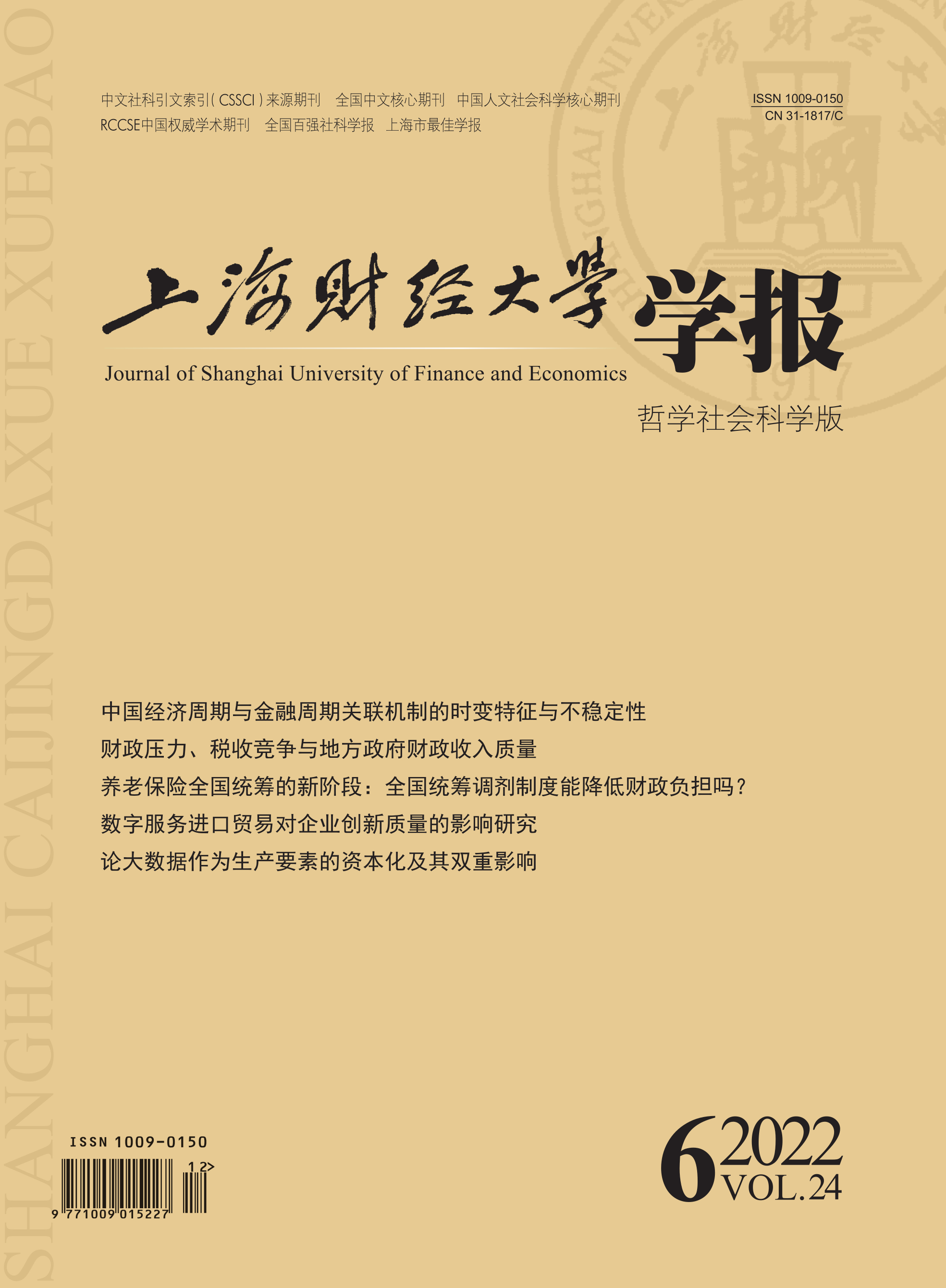Family firms are in the period of inter-generational inheritance, and under the long-term impact of “family” culture and established institutional constraints, the concepts and behaviors of successor executives are deeply affected by their predecessors, as well as the homogeneity of decision-making and implementation between the two occurs, which hinders family firms from achieving transformation and upgrading. Based on the sample of listed family firms from 2007 to 2019, this paper explores the relationship between the degree of the earnings management of predecessor executives and successor executives, using executive change as the event point, and examines the path-dependent characteristics of family firms’ earnings management decisions. The study shows that family firms exhibit strong path-dependent characteristics of accrual and real earnings management and its sub-manipulation activities. Based on the formal and informal institutional perspectives, the study shows that :The path dependence of accrual and real earnings management is lower but the path dependence of discretionary cost manipulation is higher when the second generation is involved in management; the overseas experience of successor executives weakens the path dependence of accrual earnings management and production cost manipulation, but enhances the path dependence of discretionary cost manipulation; the path dependence of successor executives’ overseas experience weakens the path dependence of accrual earnings management and production cost manipulation, but enhances the path dependence of discretionary cost manipulation. Successor executives’ financial experience does not significantly weaken the path dependence of family firms’ earnings management. The formal institutional perspective shows that intense industry competition weakens the path dependence of accrual earnings management, production cost manipulation, and operating cash flow manipulation, but has no significant effect on the path dependence of discretionary cost manipulation; successor executives in more efficient regions have lower path dependence on production cost manipulation, but higher path dependence on accrual earnings management and discretionary cost manipulation. The transmission mechanism test finds that the inhibitory effect of predecessor executives on the radicalness of the strategic change of successor executives exacerbates the path dependence of earnings management in family firms. The findings suggest that, successor executives inherit the perceptions and ways of acquiring private and family interests, leading to a vertical contagion effect of earnings management, which enriches the research related to the motives of earnings management and implicit resource transfer in family firms. At the same time, this paper helps family firms to select and cultivate successor executives with innovative financial management capabilities, which provides references for auditing institutions and regulatory authorities to reduce the earnings manipulation space of family firms, and is important to promote and improve the financial information governance system of family firms.
 / Journals / Journal of Shanghai University of Finance and Economics
/ Journals / Journal of Shanghai University of Finance and EconomicsJournal of Shanghai University of Finance and Economics
LiuYuanchun, Editor-in-Chief
ZhengChunrong, Vice Executive Editor-in-Chief
GuoChanglin YanJinqiang WangWenbin WuWenfang, Vice Editor-in-Chief
“Is the Failure of the Predecessor a Lesson for the Successor”? Empirical Research on the Path Dependence of Family Firms’ Earnings Management
Journal of Shanghai University of Finance and Economics Vol. 24, Issue 06, pp. 93 - 107 (2022) DOI:10.16538/j.cnki.jsufe.2022.06.007
Summary
References
Summary
Cite this article
Dong Xinge, Han Liangliang, Dong Yinghou. “Is the Failure of the Predecessor a Lesson for the Successor”? Empirical Research on the Path Dependence of Family Firms’ Earnings Management[J]. Journal of Shanghai University of Finance and Economics, 2022, 24(6): 93-107.
Export Citations as:
For
ISSUE COVER
RELATED ARTICLES




 3535
3535  3018
3018

